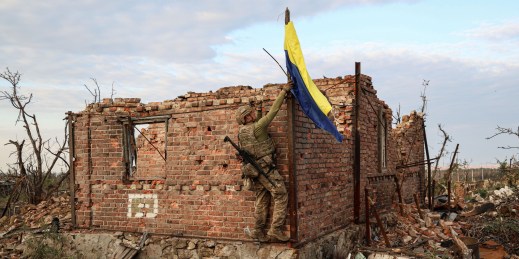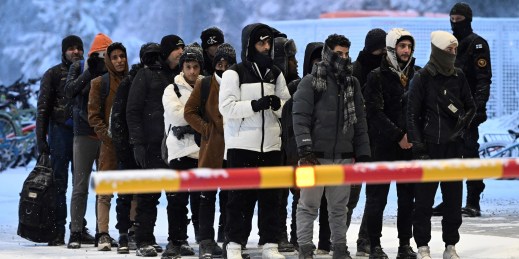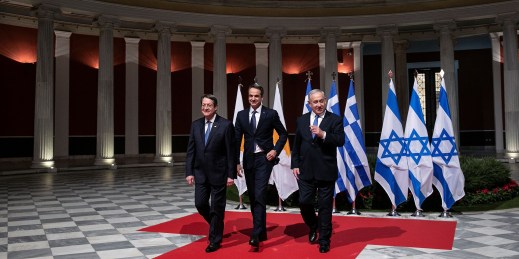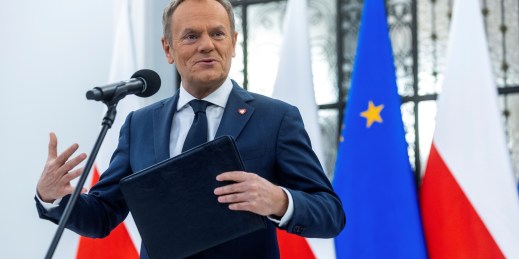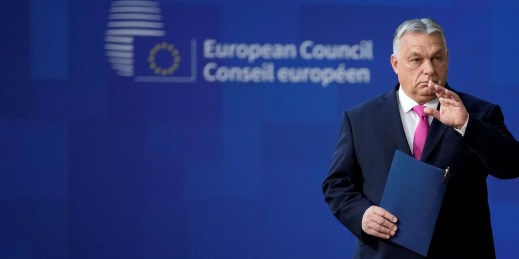
The parallels between the current challenges facing the U.S. and EU, particularly when it comes to obstruction from far-right populists, has reinforced a tendency to equate the problems faced by both systems of government. However, the EU is suffering from a chronic but manageable affliction, while the U.S. has an acute condition.

